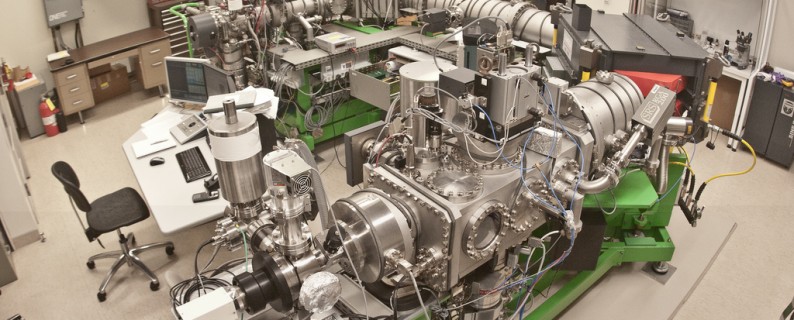chemical cosmology Cosmochemistry chemical Man
Cosmochemistry or chemical cosmology is the study of the chemical composition of matter in the universe and the processes that led to those compositions. This is done primarily through the study of the chemical composition of meteorites and other physical samples. Given that the asteroid parent bodies of meteorites were some of the first solid material to condense from the early solar nebula, cosmochemists are generally, but not exclusively, concerned with the objects contained within the Solar System.
Meteorites are one of the most important tools that cosmochemists have for studying the chemical nature of the Solar System. Many meteorites come from material that is as old as the Solar System itself, and thus provide scientists with a record from the early solar nebula. Carbonaceous chondrites are especially primitive; that is they have retained many of their chemical properties since their formation 4.56 billion years ago, and are therefore a major focus of cosmochemical investigations.


Leave a comment